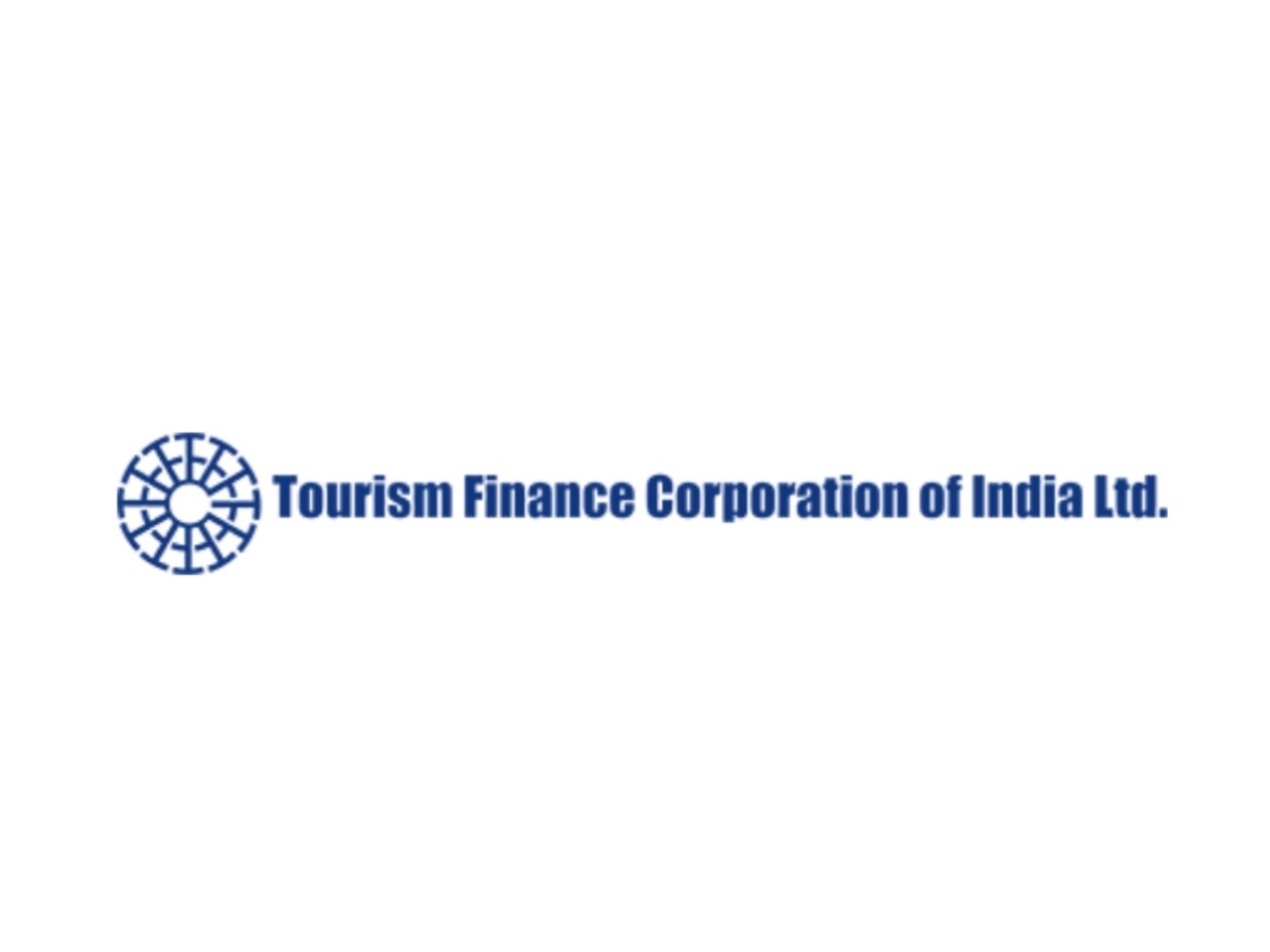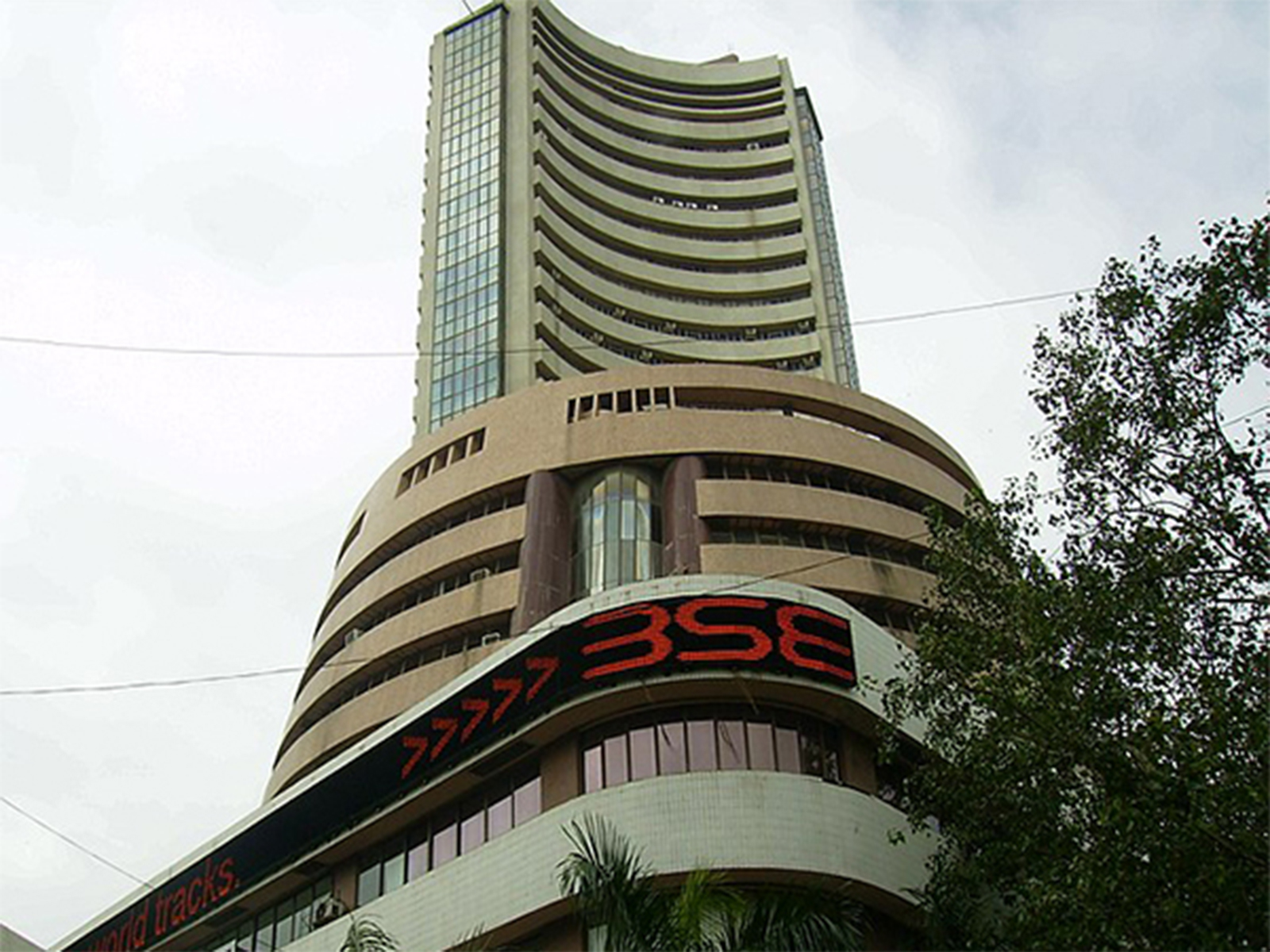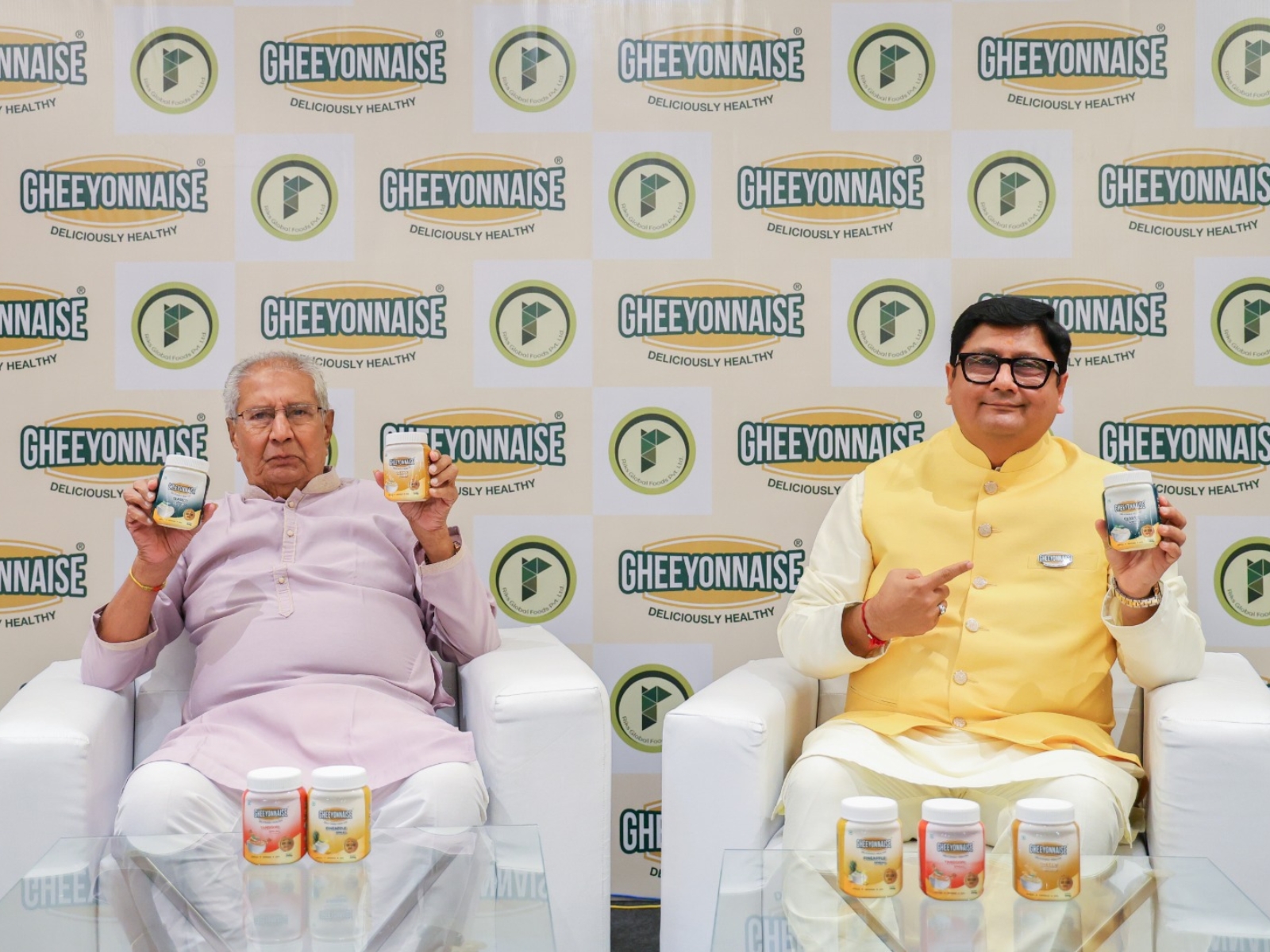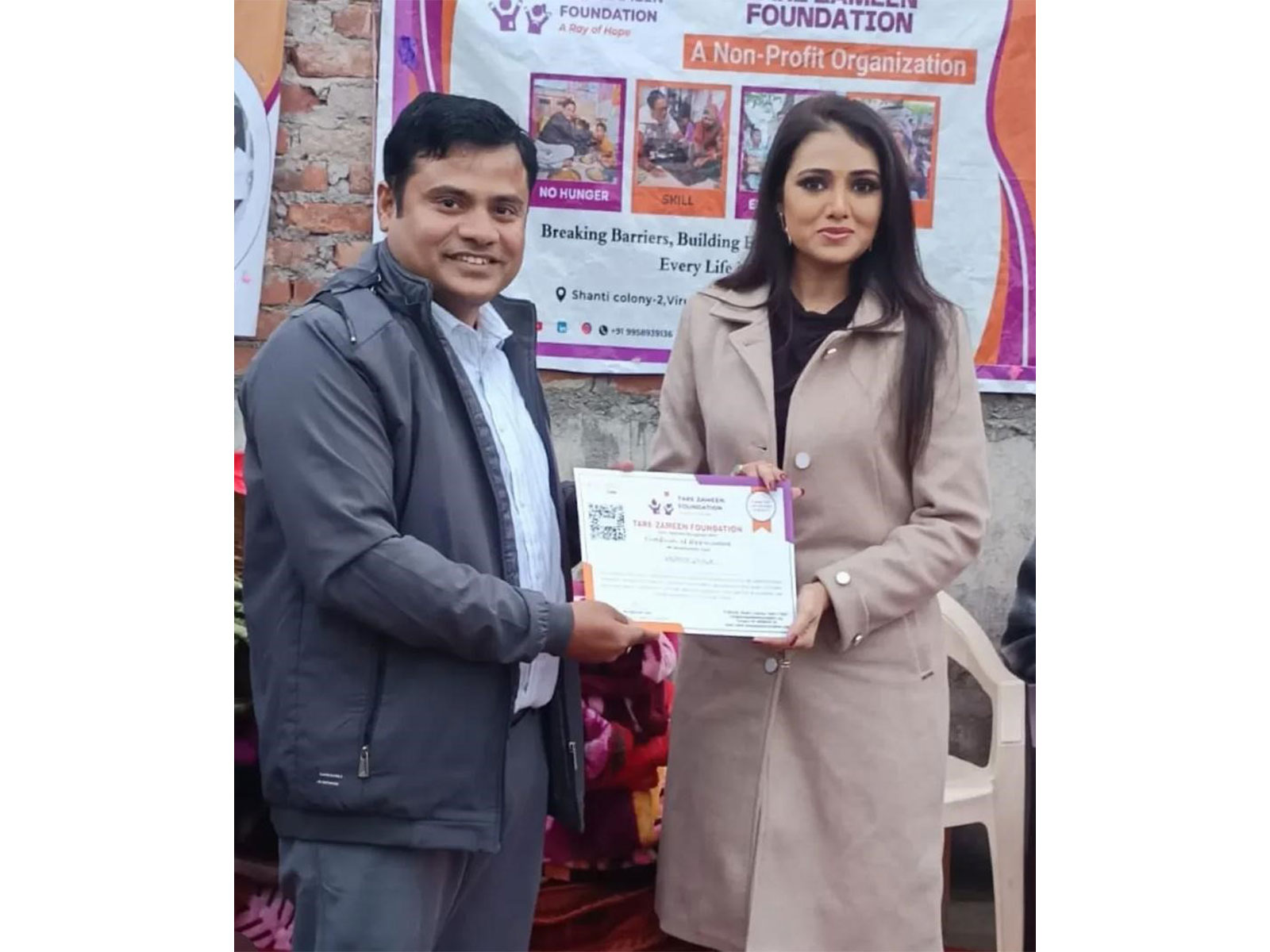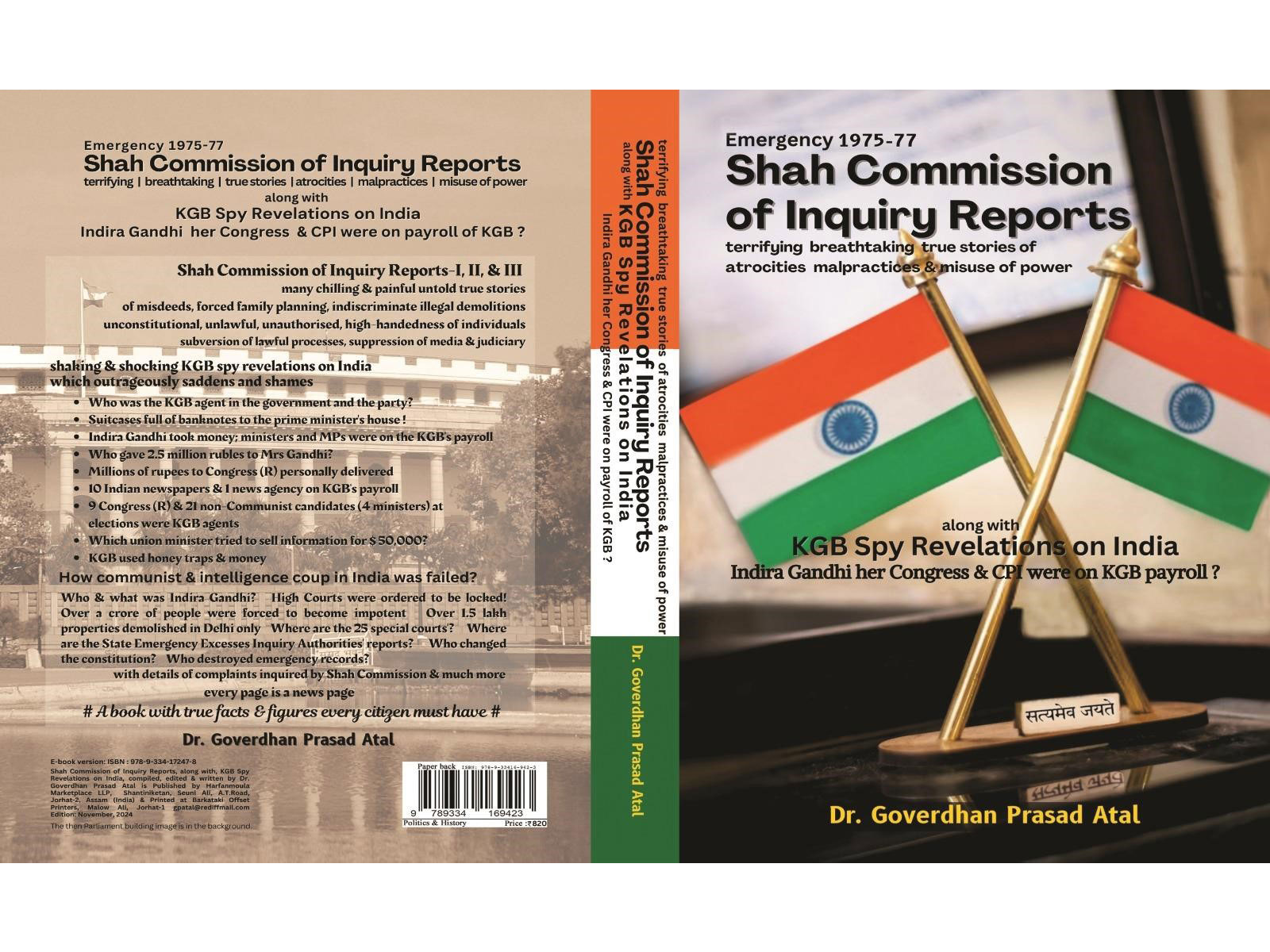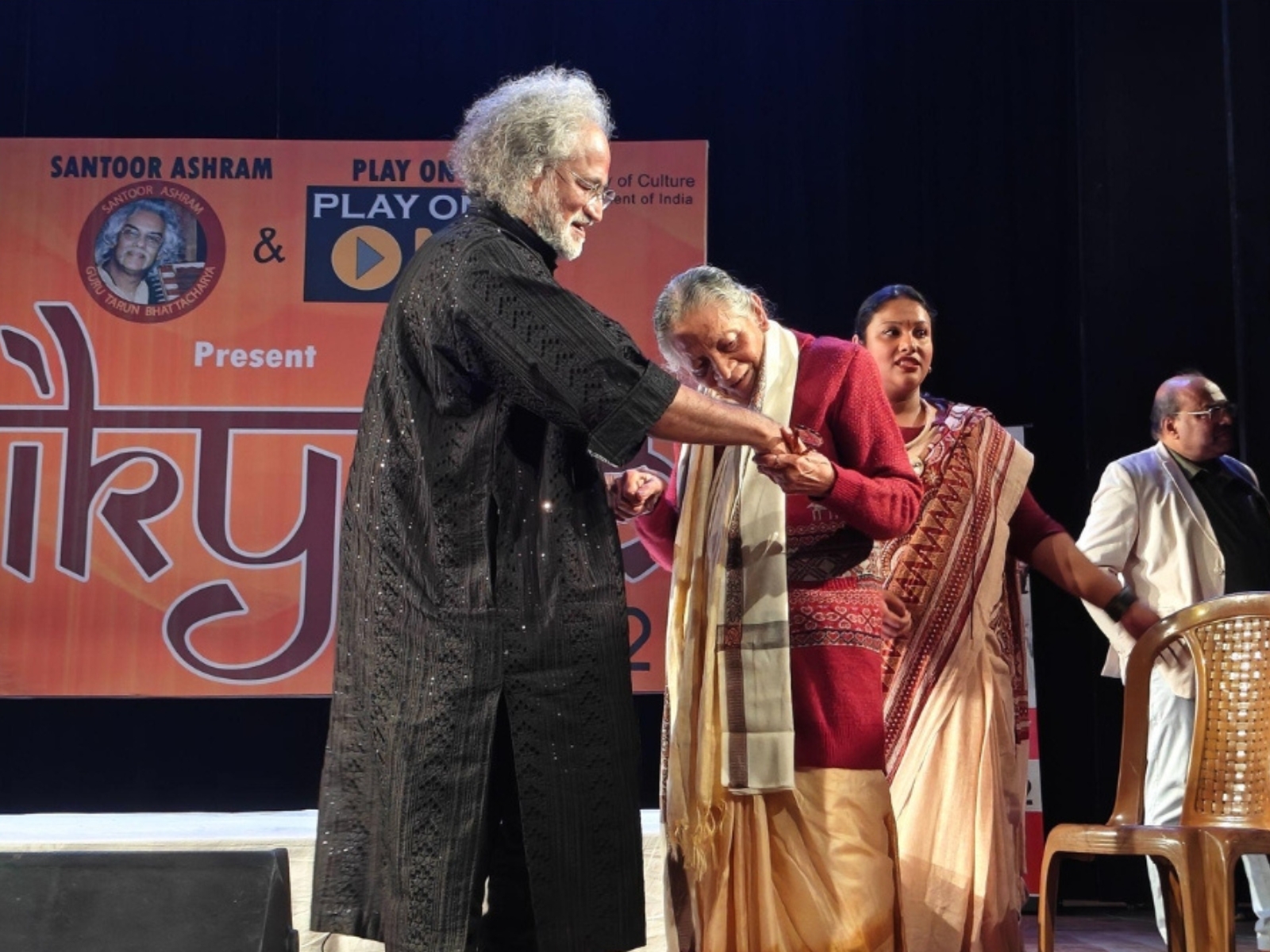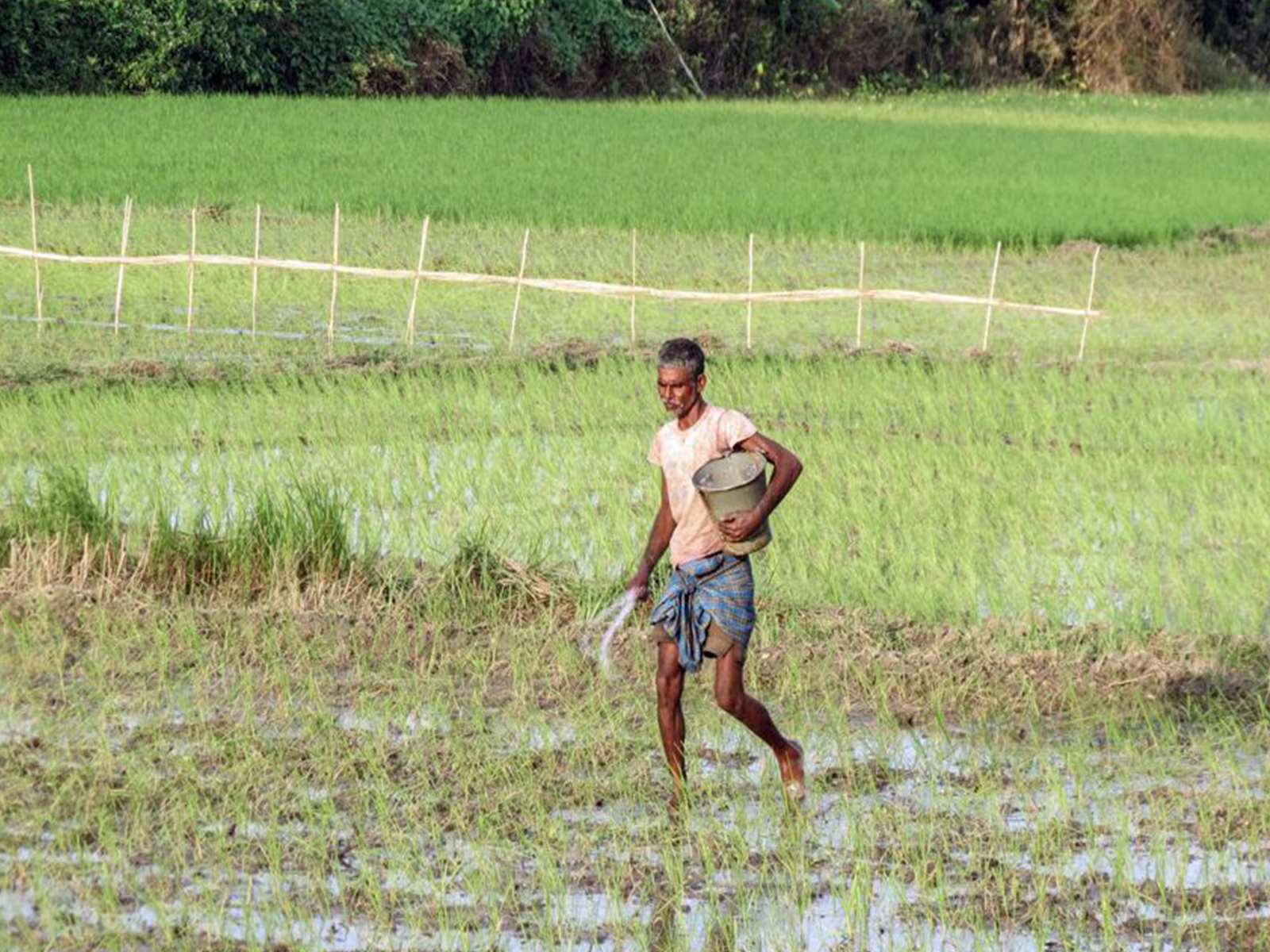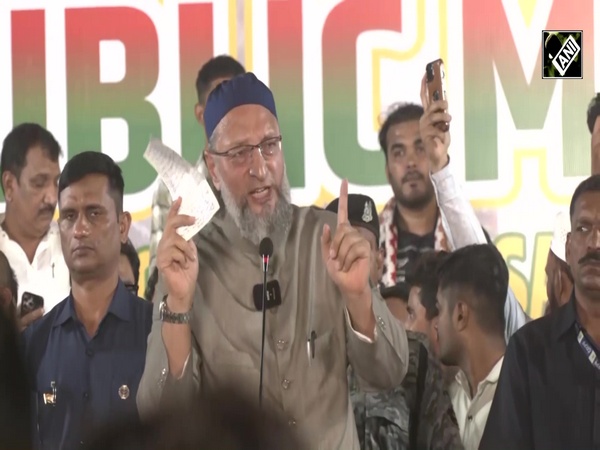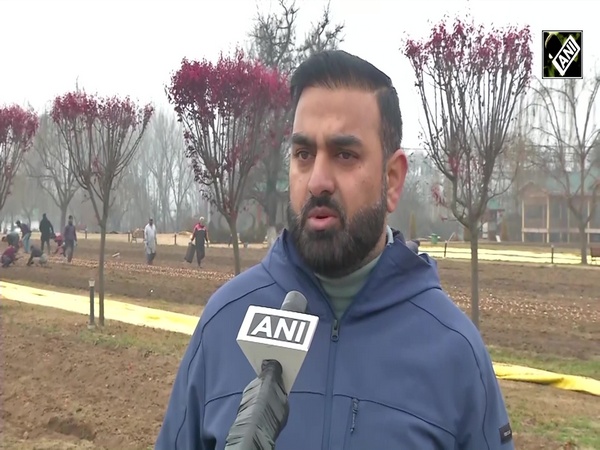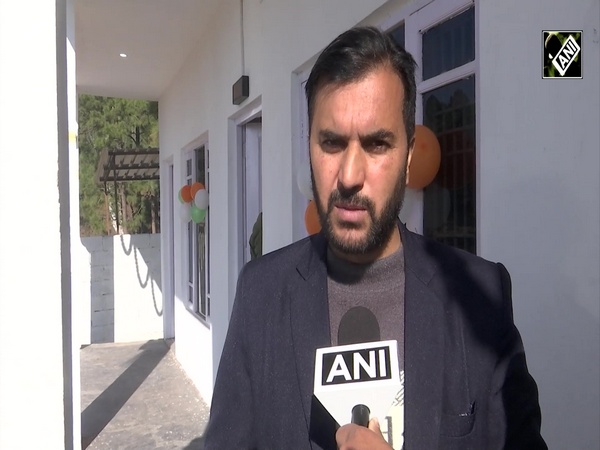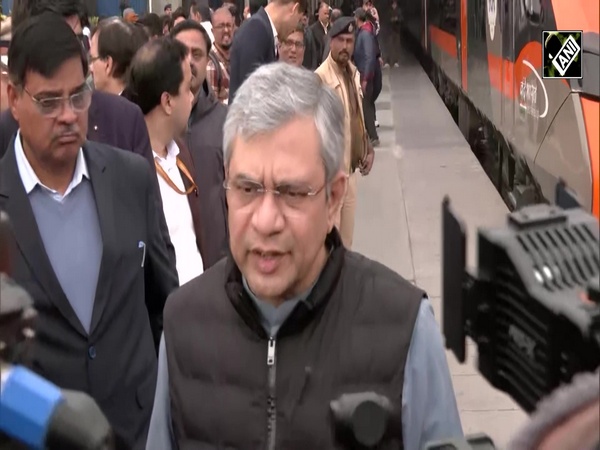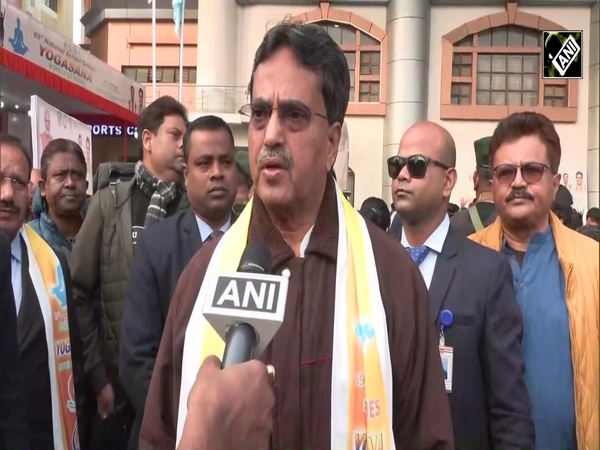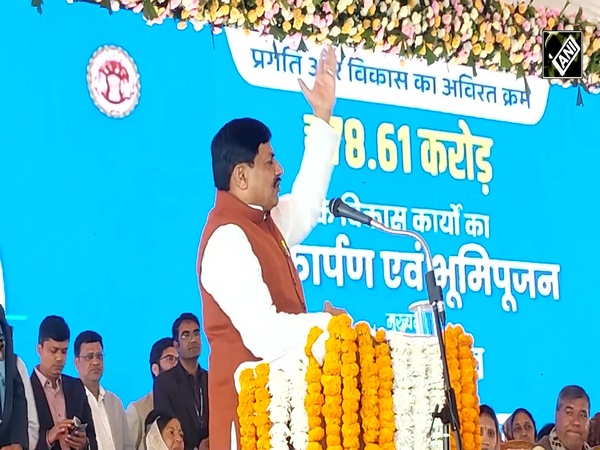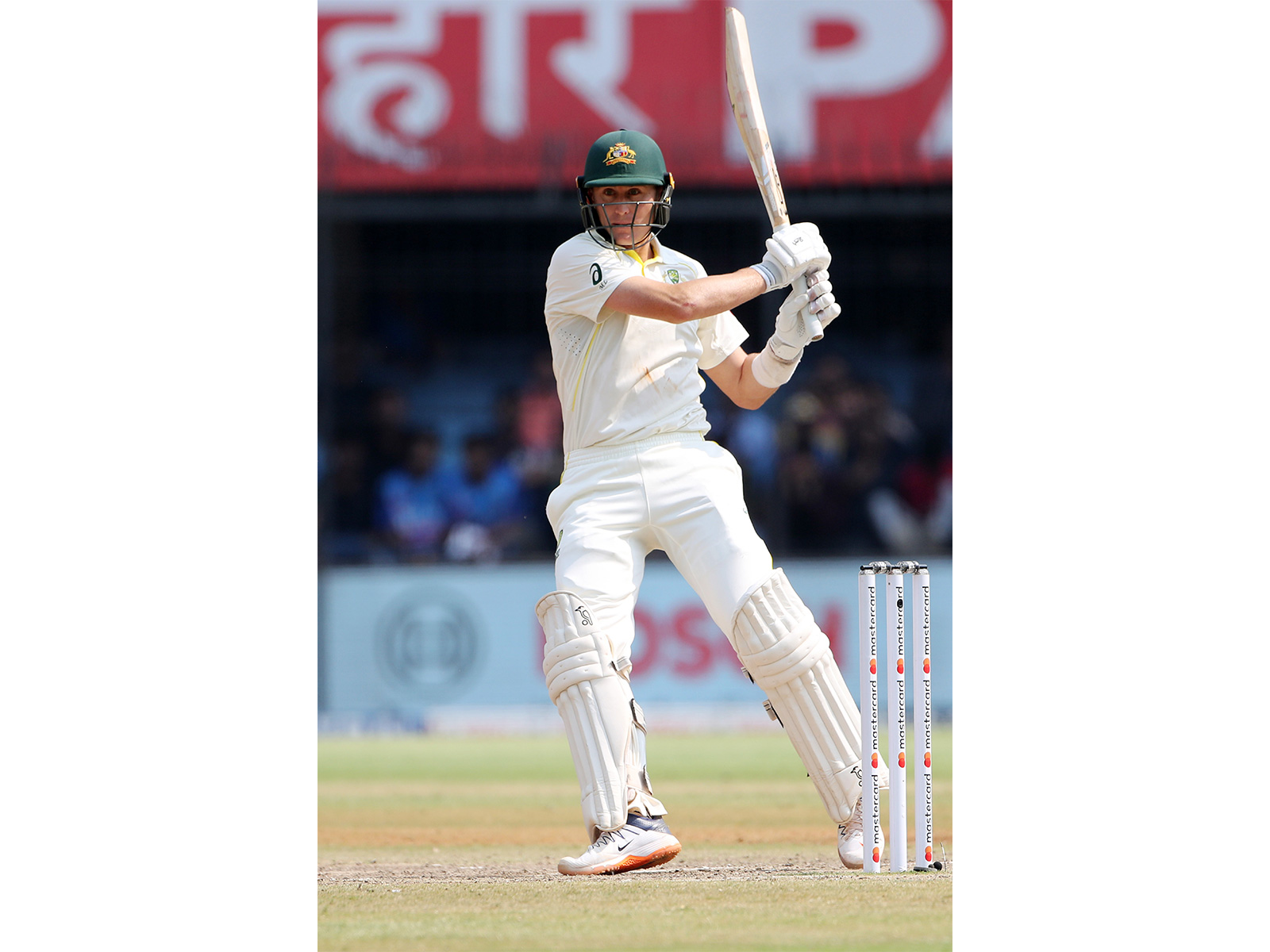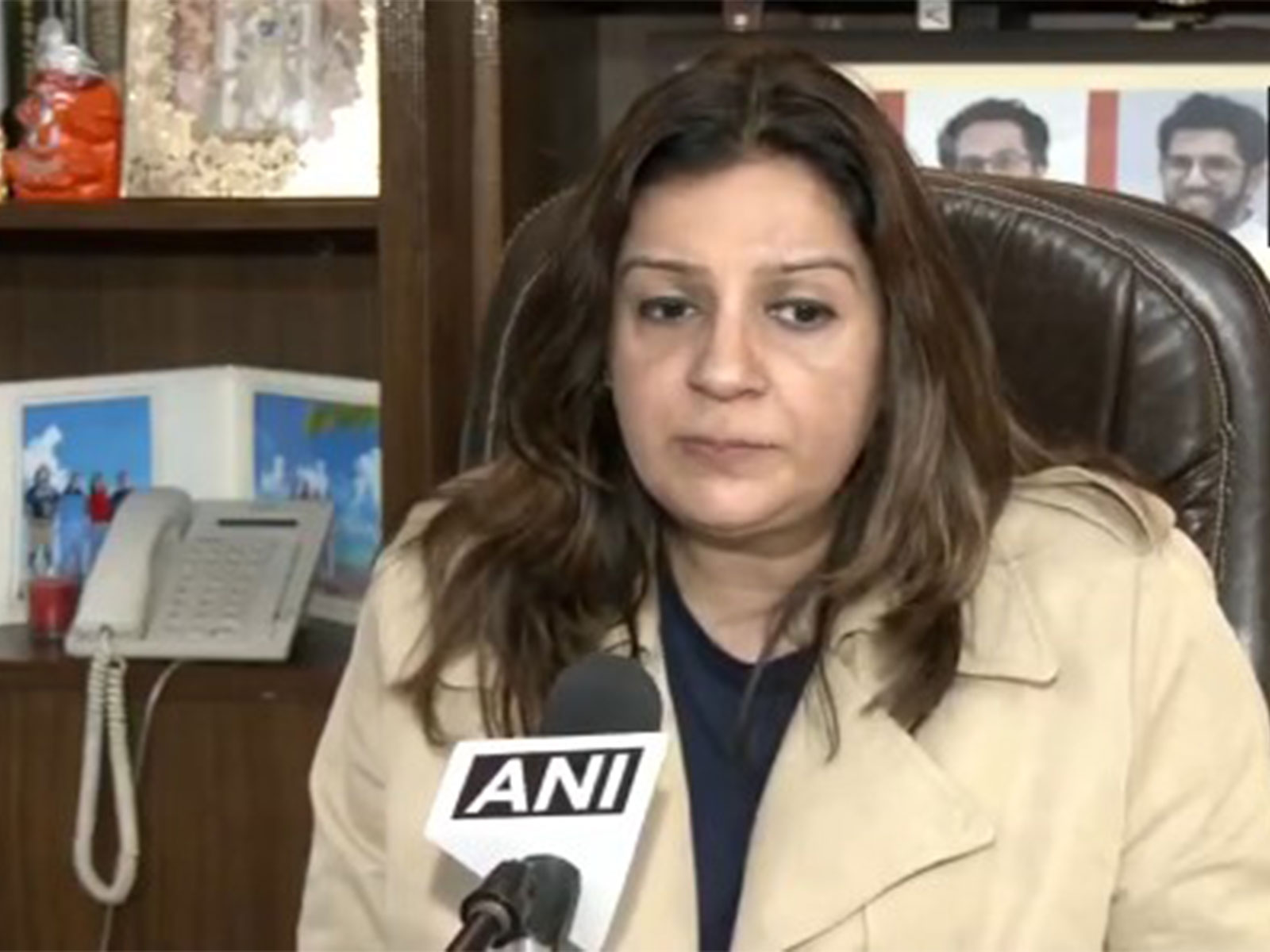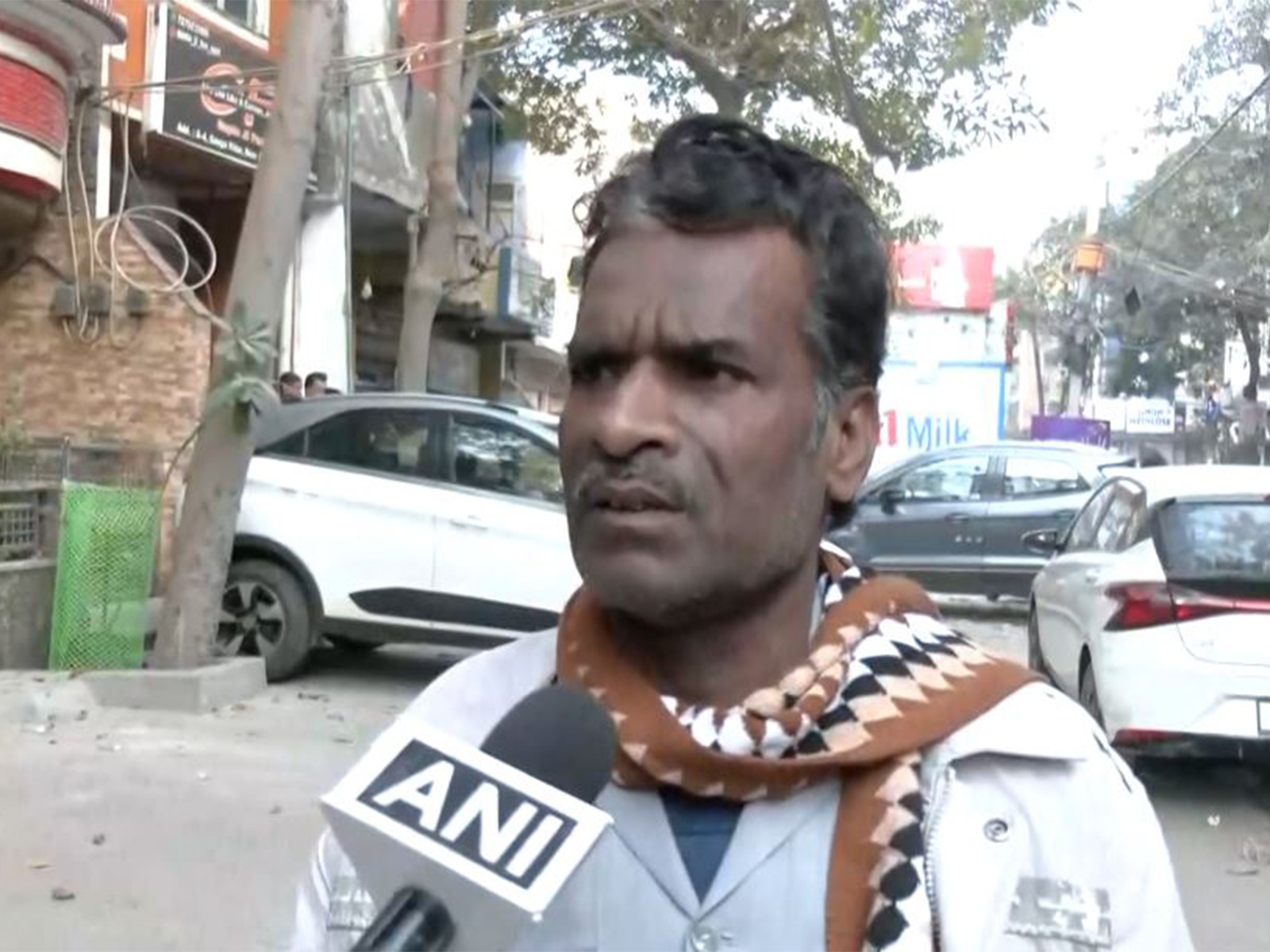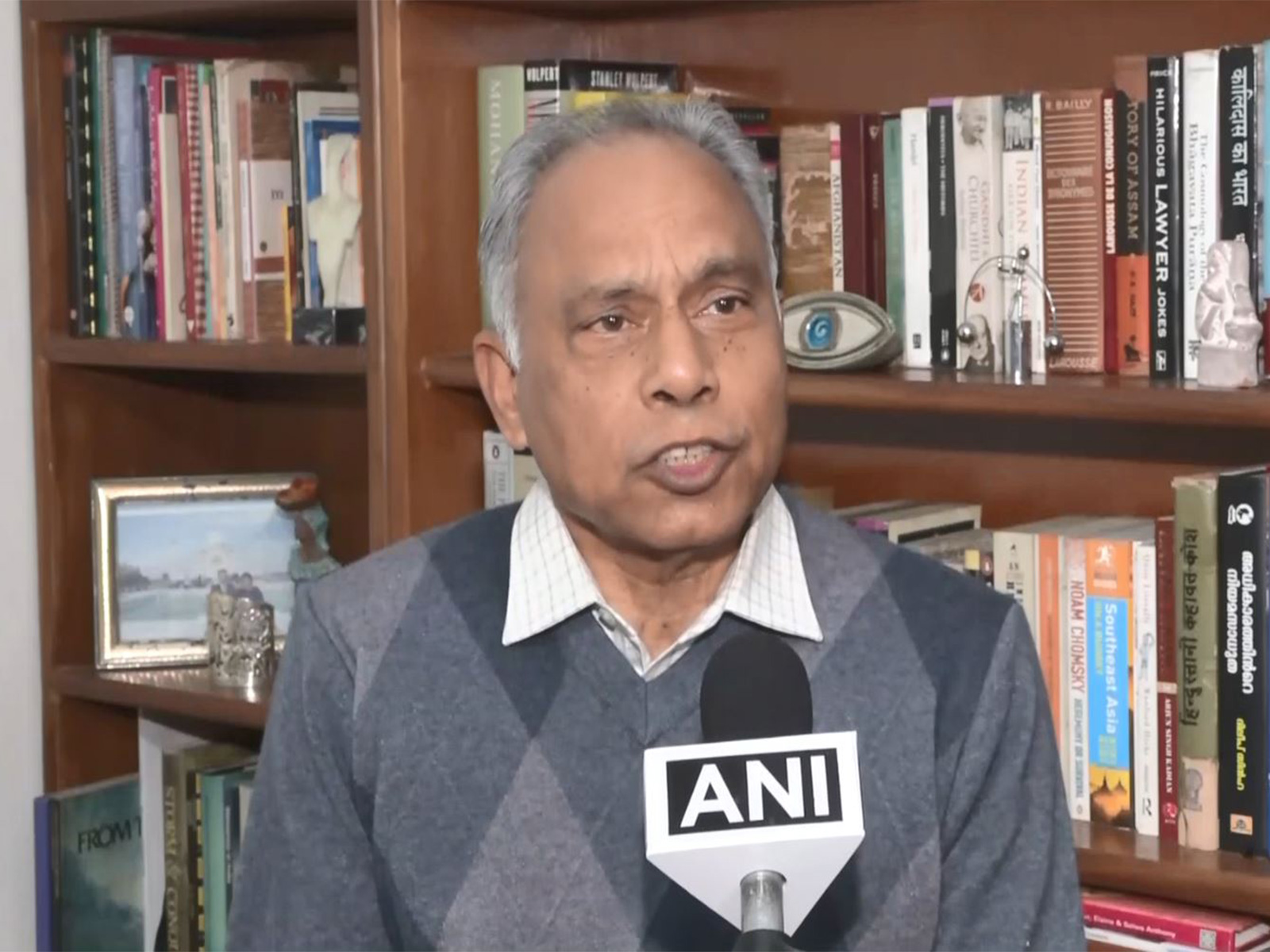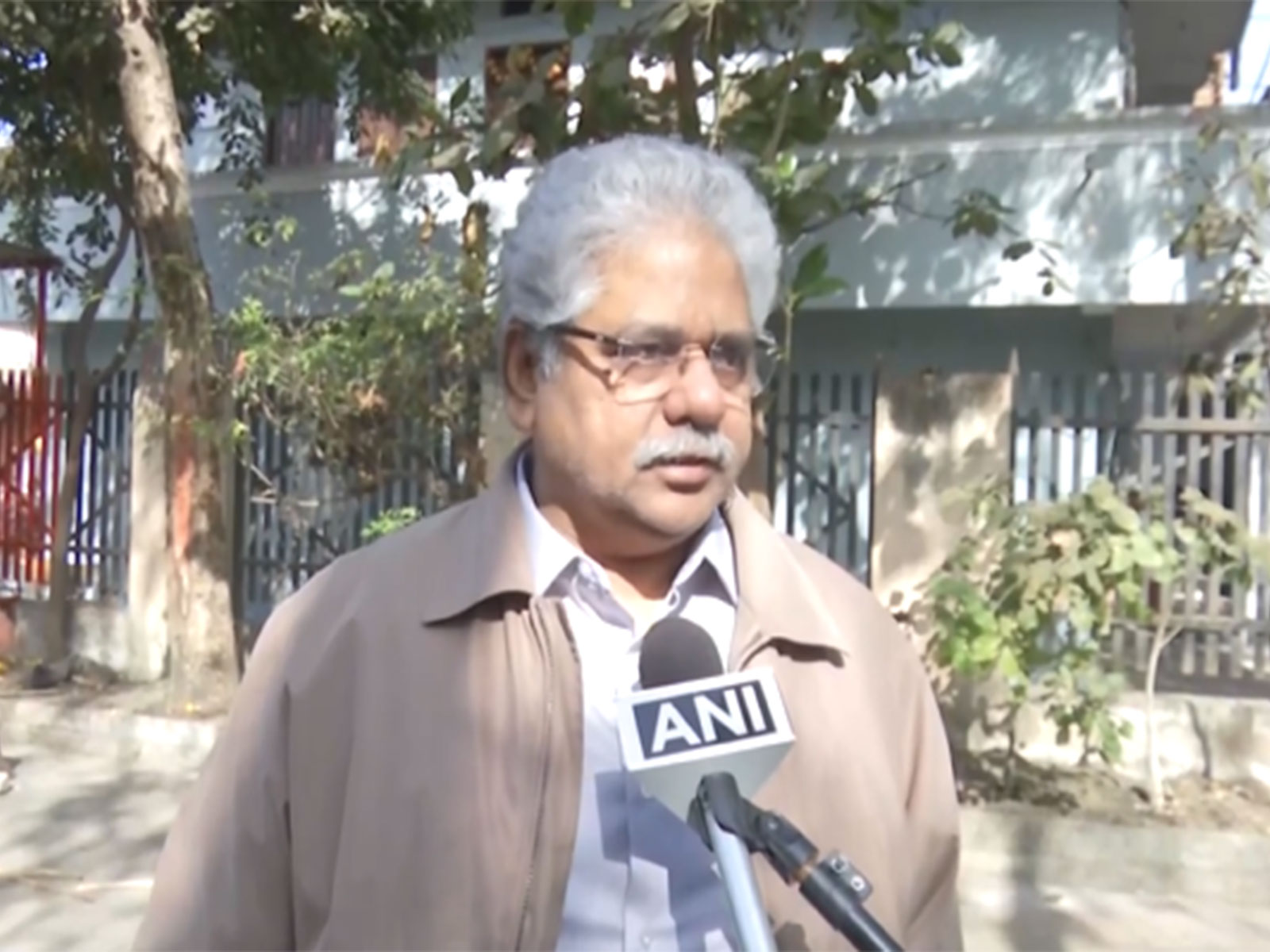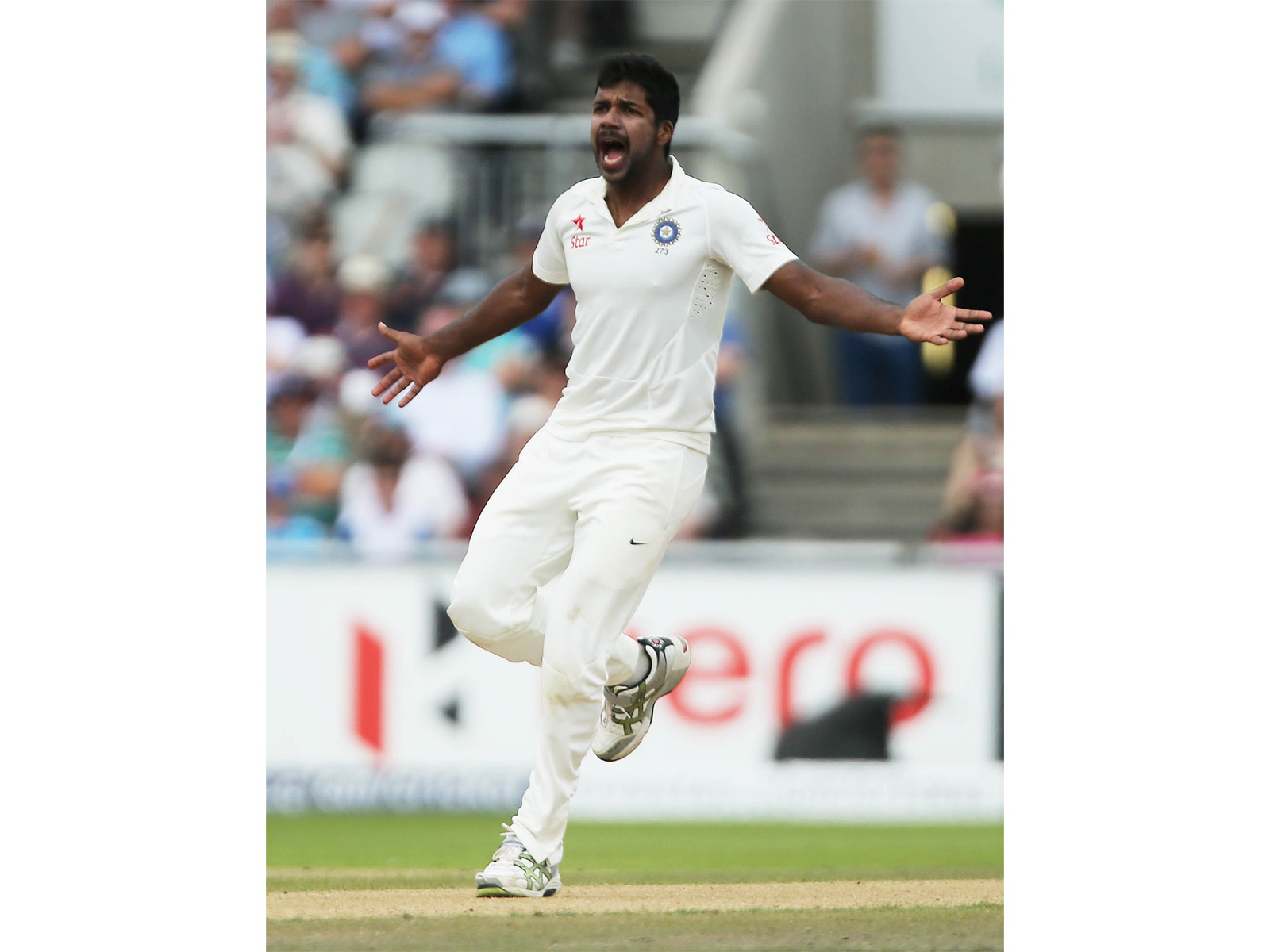
India has emerged as a global leader in pharmaceuticals: Union Health Secretary
Oct 15, 2024
New Delhi [India], October 15 : India has emerged as a global leader in pharmaceuticals, being the third-largest producer and a key supplier of generic medicines, said Union Health Secretary Punya Salila Srivastava while addressing the annual India Leadership Summit 2024, organised by the US-India Strategic Partnership Forum.
Addressing the gathering, Punya said that the sector's success has resulted in substantial savings for healthcare systems worldwide, including a notable contribution to the U.S. healthcare system.
"The contribution of the Indian pharmaceutical industry is evidenced by the fact that India has the highest number of US FDA-approved pharmaceutical plants outside of the United States. This is 25 per cent of the total number of US FDA-approved pants outside of the US. The medicines from Indian companies, I am told, provided 219 billion USD savings to the US healthcare system in 2022 and a total of 1.3 trillion USD savings between 2013 and 2022," she said.
The country also leads in vaccine production, with a significant share of global manufacturing, underscoring its role as the "pharmacy of the world," she added.
"50 per cent of all vaccines manufactured in the world are from India. In the last one year alone, of the 8 billion vaccine doses manufactured and distributed across the world, 4 billion doses were manufactured in India", she said.
To ensure a robust healthcare system, the Union Health Secretary noted that India has reformed medical education, replacing outdated regulatory frameworks with the National Medical Commission Act and related laws. This has led to a significant increase in medical and nursing college numbers and enrolment, addressing disparities in healthcare professional availability." Consequently, India is poised to produce a competent health workforce that meets both national and global needs.
Punya emphasised that government efforts have progressively improved the quality, scale, and cost-effectiveness of healthcare in India. "It is a testament to our expanded healthcare services that the out-of-pocket expenditure (OOPE), which is borne entirely by the households, has declined by 25 percentage points as a share of total health expenditure between 2013-2014 and 2021-22.
On the strong Indo-US Partnership in the health sector, the Union Health Secretary stated that "our mutual and shared priorities in the field of surveillance, pandemic preparedness and anti-microbial resistance are underscored in the deep partnership between the National Centre for Disease Control (NCDC) and the US Centre for Disease Control and Prevention (CDC)".
"India appreciates the NCDC and ICMR Field Epidemiology Training Programs (FETP) organised in collaboration with the U.S. CDC. We are happy to inform that over 200 Epidemic Intelligence Services (EIS) officers have been trained so far, with another 50 currently undergoing training through various programmes," she added.
India and the US have also agreed to initiate a joint strategic framework for optimising the biopharmaceutical supply chain, for optimising and strengthening global supply chains and to reduce dependencies on single-source suppliers, through the Bio-5 alliance.
As per the Ministry of Health and Family Welfare, she concluded her address by stating that "looking ahead, India and the U.S. can further strengthen global health security by prioritising research, technology transfer, and capacity building. By fostering public-private partnerships and expanding collaborative vaccine initiatives, both nations can improve health outcomes."


